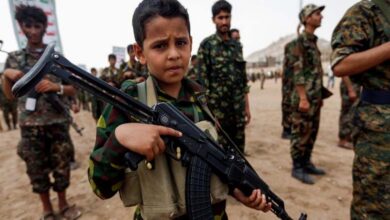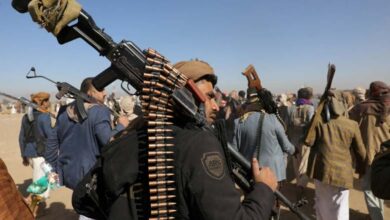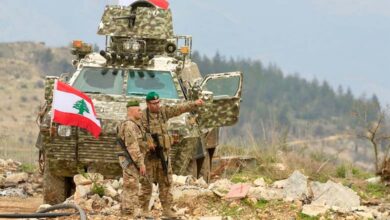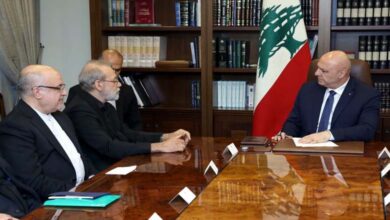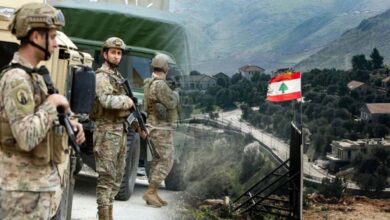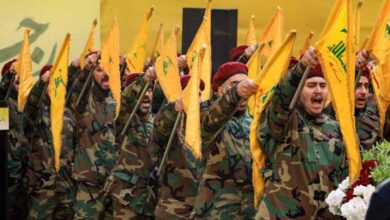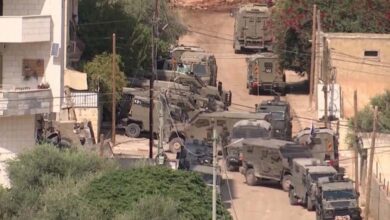The mystery surrounding Muqtada al-Sadr’s position on the Iraqi local elections is prompting Nouri al-Maliki to test him
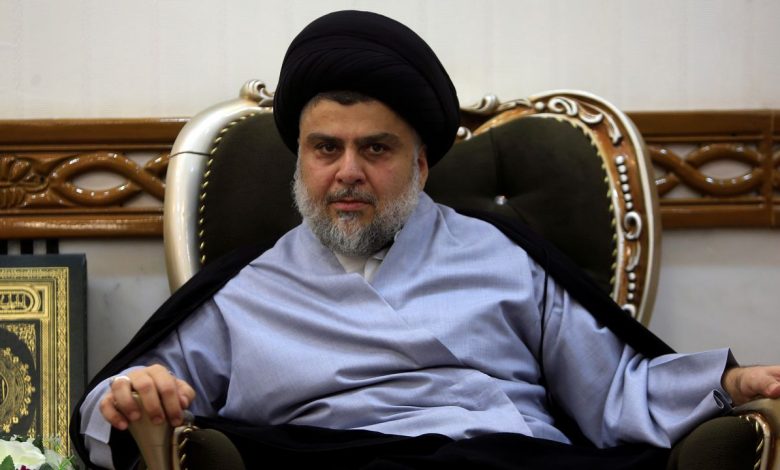
The State of Law Coalition decides to participate in the local council elections with a separate list, while the Victory Coalition intends to maintain its alliance with the Wisdom Movement
The uncertainty surrounding the leader of the Sadr Movement’s participation in the local elections in Iraq raises concerns for the forces within the Coordination Framework, especially Nouri al-Maliki, the leader of the State of Law Coalition, who has decided to participate in the elections with a separate list, away from political alliances. Meanwhile, the Victory Coalition, led by Haider al-Abadi, revealed the possibility of reviving its alliance with the Wisdom Movement, led by Ammar al-Hakim.
Although this decision reflects the depth of the disagreement among the major forces within the Coordination Framework, which share the same approach and support Iran’s project, their inclination towards separation remains temporary, awaiting Muqtada al-Sadr’s decision to push his movement to participate in the elections.
This alliance, in which the forces compete to strengthen their influence and assert themselves as the dominant factor in the Iraqi equation, has united them against al-Sadr, keeping him unified despite existing disputes among its factions.
These observers suggest that al-Maliki’s decision may be a test for al-Sadr to determine his stance on his movement’s participation in the elections, especially after his supporters participated in protests condemning the burning of the Quran in Sweden. These protests revealed to al-Sadr that his movement is still an important player.
The expected decision of al-Sadr holds great significance for the forces within the Coordination Framework, and it is not unlikely that they will overcome their differences to pave the way for his return to the political scene after he was forced to withdraw and retreat from political activities.
The Higher Electoral Commission opened registration for alliances and political parties interested in participating in the 2023 local council elections from the 1st of July until the end of the same month.
Earlier, Iraqi political forces ruled out the possibility that the Coordination Framework, which governs the country, would participate in the local elections as a single bloc, suggesting that it would split into three blocs (right, left, and moderate), despite the efforts made by leaders within the Coordination Framework to reconcile them, which did not yield results in bringing the major forces closer together.
The Iraqi news agency “Shafaq News” quoted Firas al-Musawi, a deputy in the State of Law Coalition, as saying that “the coalition has decided to enter and participate in the local council elections with a separate electoral list, away from political and electoral alliances that take place before the start of the elections”.
He also mentioned the possibility of “taking action after the local council elections, announcing the results, and determining the number of seats obtained by the blocs and political parties, to hold dialogues to form alliances for the election of governors and the formation of local governments”.
Local elections are held every ten years and include 15 provinces, excluding the Kurdistan Region, which enjoys autonomy. The previous councils were dissolved in the autumn of 2019 following unprecedented popular protests, and one of the protesters’ demands was the dissolution of these councils, which they accused of corruption.
The provincial councils play a significant role in forming local governments. They are responsible for selecting the governor and his deputies, as well as preparing the province’s budget based on the financial allocations provided by the central government. These councils also have the right to dismiss governors and department heads, and their selection is based on the population size of each province.
On the other hand, spokesman for the Victory Coalition, Aqeel al-Rudaini, mentioned in a press statement that “there is political movement, and the map of alliances has not become clear yet.”
He added that the Victory Coalition “conducted a field survey of its supporters, and it became clear that the masses demand that the coalition participate in the elections independently and with an independent list, and the matter is under study and has not been decided yet.”
He also indicated that the Victory Coalition had previously formed an alliance with the Wisdom Movement under the name “Alliance of Civil Forces.”
Al-Rudaini explained that “this alliance is still ongoing and has not ended yet, and there are attempts to revive this alliance and breathe life into it for participation in the local council elections.”
He noted that the Victory Coalition is currently focusing on holding the elections on the scheduled date of December 18, considering that the term of the Board of Commissioners at the Independent High Electoral Commission expires on January 7th.
Al-Rudaini pointed out that “there are ongoing efforts with the political forces and the United Nations representative to move towards extending the terms of the Board of Commissioners by voting on them in the Council of Representatives or going for their replacement before the elections are held.”
Earlier, the Council of Representatives had voted on amendments related to the electoral law, and these amendments included a return to the (Sainte-Laguë) system and making the province a single electoral district.
The Coordination Framework was formed after the legislative elections and includes several Shia forces and militias loyal to Iran. The purpose of forming this alliance seems to be to counter the ambitions of the Sadr Movement, which sought to monopolize the political process before being forced to withdraw from the scene, leaving the arena to the leaders of the Coordination Framework, especially his arch-rival al-Maliki.
The Coordination Framework includes the State of Law Coalition led by Nouri al-Maliki, the Al-Fateh Alliance led by Hadi al-Amiri, the National Forces Alliance led by Ammar al-Hakim, the Attah Coalition, the Rights Movement, the Al-Fadhila Party, and others.


